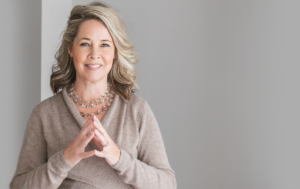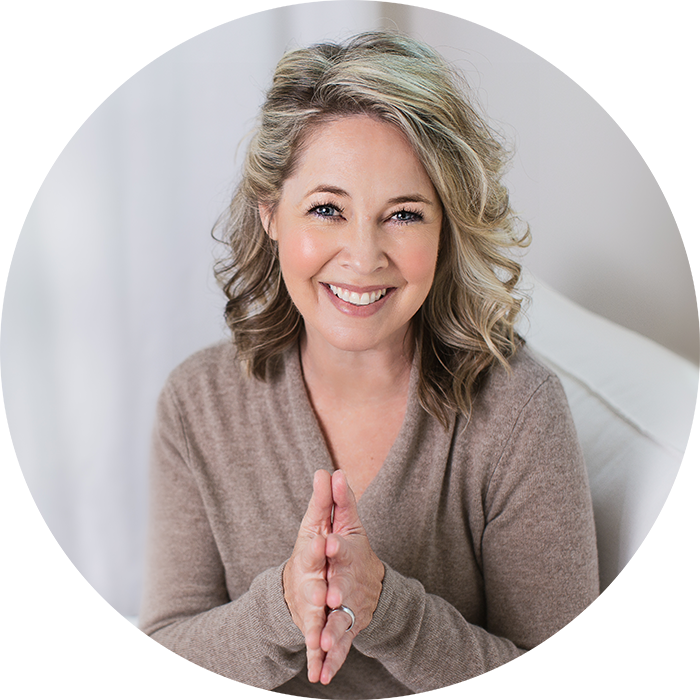Considering therapy? Read this first.
Many people are having big ah-has and flashes of clarity after our involuntary pandemic sabbatical. Over the last few weeks I’ve received at least ten calls from friends and clients asking for referrals for great therapists.

Whenever these requests come in, I try and encourage my friends to slow down, step back and approach this process intentionally. Take your time to get this right; you’re going to be sharing your innermost thoughts and feelings with this person.
I’m a big fan of psychotherapy as one of many healing modalities. I wouldn’t be where I am today without the great Health Realization, Imago, and Voice Dialogue therapy and coaching I received in my 20’s and 30’s. But not all psychotherapists are equal; take the time to carefully vet and choose a therapist who can both honor who you are, see your innate goodness and challenge you in a way that supports your highest growth.
Here are the questions I ask my friends as they begin looking at various options for supporting their mental/emotional health:
- Does this person need to be on your insurance plan or are you open to paying out of pocket (I highly recommended you stay open here—many amazing folks are not on insurance plans)?
- Why are you seeing a therapist and what do you hope to accomplish? Another close follow-up to this is: do I need a therapist or a coach? This is a tough one as the lines are often blurred. It’s best to ask the therapist (or coach) you’re interviewing to describe how they view the differences. For most, this will provide the clarity you need to make a decision.
- Is it important for you to see someone who honors/incorporates your religious or spiritual beliefs or not really?
- Do you want to see someone who integrates somatic techniques (somatic means “body based’) such as mindfulness, breath work, body-sensing, yoga/talk, etc. ? I love somatic work as, “The issues are in the tissues.” Take time to examine the therapist’s background/training and areas of specialty here and check out the wonderful book,”The Body Keeps the Score” by Bessel van der Kolk.
- See if you can schedule a short call with the potential therapist before you set an appointment. I like to ask, “What is your philosophy on/approach to therapy?” “Who or what influences your work (other teachers, models, methods, books, etc. )?” And lastly, “What do you think is the purpose of therapy?” I think this is key as I believe therapy is not about “fixing” someone-but helping them come into greater awareness and ultimately the highest expression of themselves.
When looking for referrals, ask friends you trust who have similar values for recommendations. Seek out mental health professionals that have direct/specific experience in the area you want to focus on (ex: ADHD, addiction, parenting). Don’t be afraid to schedule an initial session or two and then “sit with” the experience for a while to reflect on whether you’ve found a fit (trust your intuition—how did you feel when you left the appointment?). Don’t be afraid to be direct and share what works/doesn’t work for you with your therapist. Ask them for their vision or plan for working together (duration, expectations, etc.). And lastly, be gentle with yourself and give yourself kudos for taking this courageous step. It’s easier to keep doing what you’re doing rather than exploring all parts of yourself (read my recent post on dancing with your shadow).
I feel honored that so many mental health professionals come to my retreats and are part of our RTA-Certified Facilitator Community. There are many amazing therapists out there doing such powerful work. This can be one of the most transformative experiences of your life. Dedicating time, energy and resources to your mental/emotional/spiritual health should be as important as taking in clean air and water.
If our outer world is a reflection of our inner world, doesn’t it make sense to take time to invest in emotional self-care?

Subscribe here to Live Inside Out, a weekly blog written by transformational coach/author/speaker and self-care evangelist Renée Peterson Trudeau. Passionate about helping men and women find balance through the art/science of self-care, her work has appeared in The New York Times, Good Housekeeping, US News & World Report, Spirituality & Health and more. She and her team have certified more than 400 facilitators in 10 countries around the globe to lead self-renewal groups for women based on her work. She’s the author of two books on life balance including the award-winning The Mother’s Guide to Self-Renewal. She lives in Austin, Texas, with her husband and 18-year-old son. More on Renee here.


